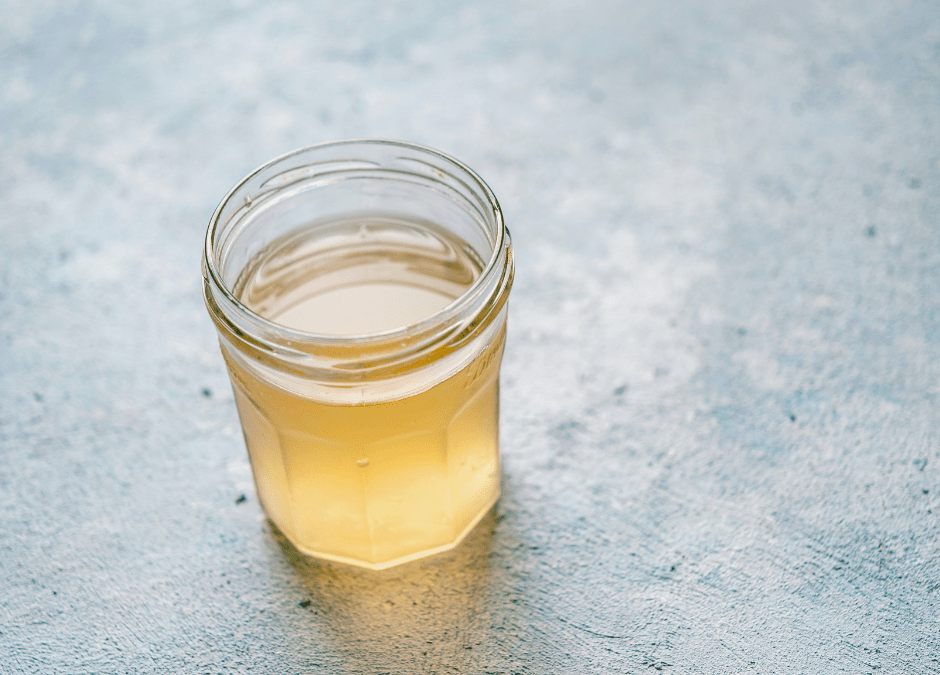Water Kefir
Ingredients
- 20g water kefir grains
- 500ml of filtered water or coconut water
- 15g sugar (ideally organic golden granulated cane sugar)
Fermenting information & equipment
Why filtered water?
This is very important as chlorine will damage and possibly kill your water kefir culture overtime. You could use bottled water.
Why cane sugar?
Cane sugar is easily broken down by the culture. We only use organic golden granulated cane sugar with our water kefir. However, you do not have to use organic sugar if you do not want too, as refined white sugar also works well. You can also use beet sugar.Unrefined brown sugar can over mineralise your grains over time. When this happens, grains will start to swell and then break apart forming a mush like layer. This is unhealthy for your grains.
Important: even though coconut water contains naturally occurring sugars, you will still need to add additional sugar when making coconut water kefir. Coconut water alone does not contain enough sugar for water kefir to successfully ferment. Please add the same amounts of sugar as instructed above.
Equipment
- Brewing jar or jug – ideally made of glass as it is easier to clean and keep sterile
- Strainer/Sieve – plastic or metal (the short time the grains will be in contact with the metal will not damage them
- Water filter or bottled water
- Muslin cloth to cover jar, possibly some rubber bands to keep it in place
Optional:
- Plastic funnel
- Glass bottles for storage
Purchase grains from Freshly Fermented with your membership discount code.
What is water kefir?
Organic water kefir grains make a sparkling drink by fermenting a sugar-water solution. Over 90% of the sugar is used during the fermentation process resulting in a low-calorie drink very high in bacteria and yeast. The alcohol content is usually very minimal, less than 1%.
What bacteria are usually present?
Water kefir is typically composed of Lactobacillus casei/paracasei, Lactobacillus harbinensis, Lactobacillus hilgardii, Bifidobacterium psychraerophilum/crudilactis, Saccharomyces cerevisiae, and Dekkera bruxellensis.
Method
Activation Process
You need to activate your water kefir grains; this is to revive them from the shipping process. Add 250ml of non-chlorinated water to your jar per 20g of water kefir grains. Add one tablespoon of sugar (15g) per 20g of water kefir grains and stir, so the sugar begins to dissolve. Place your grains in a jar with and cover it. Leave them for 48 hours at room temperature (ideally around 20c). Strain out the water kefir grains and discard the sugar water. It is likely little fermentation has taken place during this stage. So although it might seem wasteful to discard it, you would most likely just be drinking some very sweet sugar water. Your grains are now activated and ready to brew your first batch of water kefir.
The First Fermentation
Pour 500ml of non-chlorinated water/coconut water per 20g of water kefir grains into your jar. Add one tablespoon of sugar (15g) per 20g of water kefir grains and stir, so the sugar begins to dissolve. You can use warm water/coconut water if you wish, however, we have never found any real need for this. Never use boiling/hot water. This will harm the water kefir grains. Always allow any water to cool back down to room temperature (20c) if needed before continuing. Add your water kefir grains to the mixture. Cover the jar and leave it at room temperature (20c) out of direct sunlight for 48 hours. Strain the water kefir grains out of the mixture using your strainer, decanting the liquid into your measuring jug. This strained liquid is your drinkable water kefir. Transfer to bottles if you wish and keep in the fridge.
How long will it last?
It is best consumed within 3 days.
For further information about flavouring your water kefir, or making sure it becomes carbonated, please refer to the Freshly Fermented website www.freshlyfermented.co.uk. Remember you can purchase grains from there too.
NCIM staff love making water kefir and we can say from personal experience that the first attempt may not be perfect, but don’t worry and do persevere. Some trial and error may be involved using more or less sugar to find a taste that suits you, and do remember that the sugar is broken down by the bacteria!
Enjoy!

